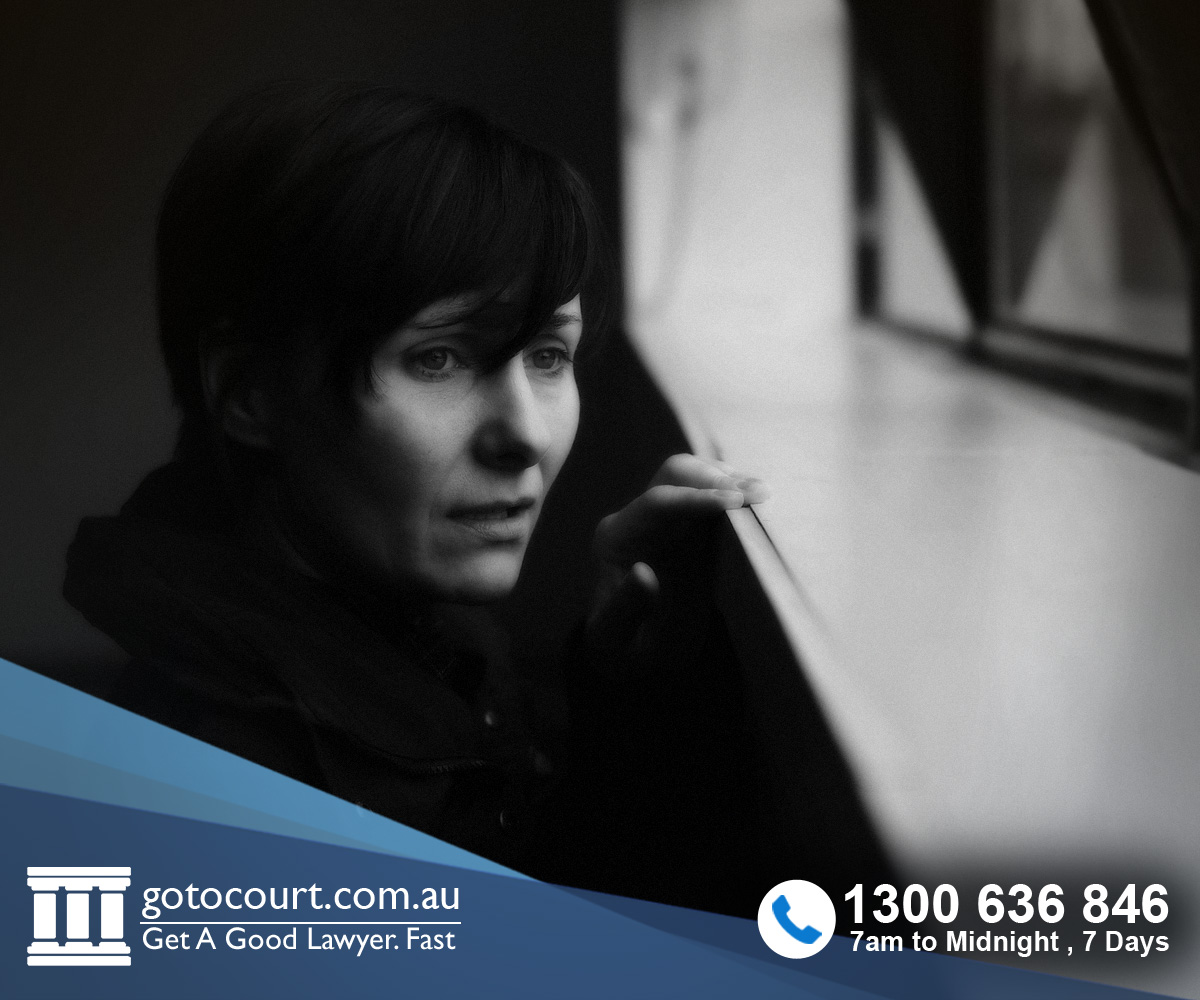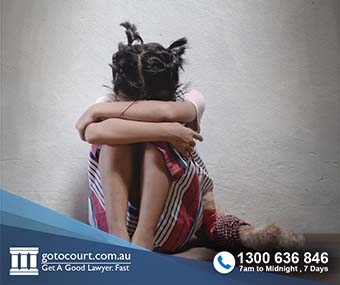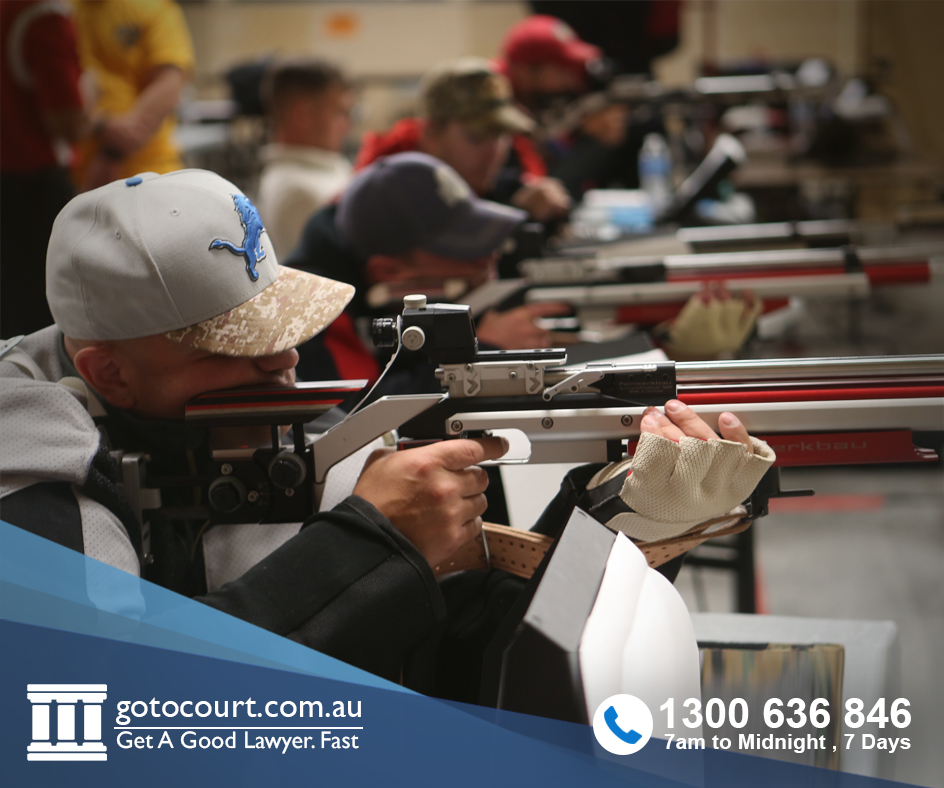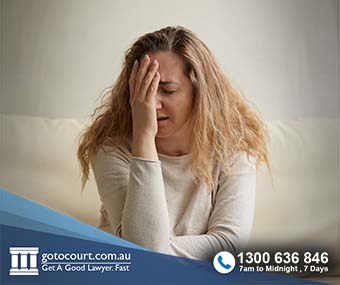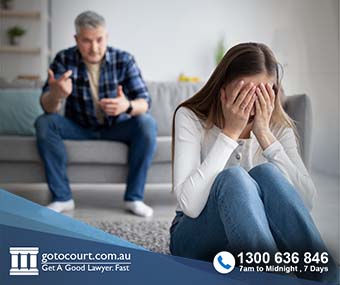AVOs and Firearm Licences – Consequences and Responses
Apprehended Violence Orders are issued in New South Wales in a range of situations. One of the consequences of an AVO being made against a person can be a prohibition against that person holding a firearm licence. This page outlines the effects of AVOs on firearms licences.
How are AVOs made?
The defendant in an Application for an Apprehended Violence Order can consent to the order being made on a ‘without admissions’ basis. This means that they need not make any admissions to any of the matters alleged in the complaint but merely agree to the order being made.
A defendant may also contest an application for an AVO and when this occurs, a contested hearing will be held, after which the court will decide whether the order should be made based on the evidence before it.
An Apprehended Violence Order is not a criminal charge or conviction; however, a breach of an AVO is a serious criminal offence.
There are a number of consequences of having an Apprehended Violence Order made against you.
Firearm licences
Being the defendant in an AVO can lead to a 10-year prohibition on possessing a firearm licence. The person does not have to be charged or found guilty of any offence for this prohibition to operate.
Many people are unaware of the consequences of being served with an Application for an Apprehended Violence Order and the effect of having an AVO made against them. If a person has an existing firearm licence, an application for an Apprehended Violence Order can result in:
(a) their firearms being seized; and
(b) their firearm licence(s) being suspended
This is the case even if only an interim order is made.
On a practical level, this can mean that a defendant who denies the allegations and opposes the order being sought, and who is reliant on their firearm licence for their employment, would be unable to work while the court proceedings are ongoing. This could be several months after the initial court appearance in which they indicate their intention to defend the application.
A defendant who does not possess a firearm licence at the time of having an order made against them may discover years later that they are ineligible to obtain a licence because they had an Apprehended Violence Order made against them in the past.
Some of the occupations and pursuits that may be affected include:
Farmers
Many farmers require a firearm licence in order to control pest or vermin on their property. If a person intends to purchase a farm or to work in the farming industry, they may find that pest control is a key duty that they are unable to fulfil without a firearm licence.
Security guards
Armed guard positions are common in the security industry and an appropriate firearm licence is a condition of employment for these types of roles.
Recreational and sport shooters
Other defendants may want a firearm licence for recreational reasons.
Police officers
In addition to a requirement of being able to possess a valid firearm licence, section 96B of the Police Act 1990 requires all applicants to the New South Wales police force to undergo significant vetting. This means that if an Apprehended Violence Order has been made against an applicant, the police service may decide that they are unsuitable for employment with the force.
It is important that a defendant fully understands the consequences of having an AVO made against them when they decide to consent to an AVO. For people such as those in the above occupations, and those who are unsure of their future career path, the consequences could be significant.
Firearm licence legislation
Under section 11 of the Firearms Act 1996, a firearm licence must not be issued to a person who is subject to an Apprehended Violence Order or who has, at any time within the last 10 years, been the defendant in an AVO.
Under section 23 of the Firearms Act 1996, a valid firearm licence will be automatically suspended on the making of an interim Apprehended Violence Order against the holder. The licence holder will be ordered to immediately surrender their licence and any firearm in their possession to the police.
Preparing for court in an AVO matter
It is vital that anyone who is the defendant in an Apprehended Violence Order Application obtains early, specialist legal advice prior to attending court.
In most cases, the court will make an Interim Apprehended Violence Order if the defendant does not consent to the order or seeks an adjournment of proceedings. If a person is already employed in a field that requires them to bear a firearm, this interim measure will likely have immediate and severe ramifications with respect to their ability to work as their ‘licence to carry’ will be suspended.
Given the length of time that an Apprehended Violence Order can remain in force, it is important that the court consider the defendant’s current circumstances and the likely effect of an AVO on their future.
Applying for a firearm licence after an AVO
A person who has been the defendant in an Apprehended Violence Order at some time in the past and needs a firearm licence for employment purposes should contact a lawyer for advice.
In some cases, where for example an Apprehended Violence Order has expired, the court may grant an application to allow the issue of a firearm licence. To achieve this, a person should present the court with strong evidence that there has been a change in circumstances between a defendant and/or the person originally believed to be in need of protection.
It should be noted that when the court allows the issue of a firearm licence, this does not mean that a licence will automatically be granted. Police must consider a wide range of matters with respect to an applicant, including whether the issue of a licence is in the public interest.
Seek legal advice
Anyone who is facing an Application for an Apprehended Violence Order should contact the GTC Criminal Hotline Lawyers on 1300 636 846 immediately for advice on how to proceed.


